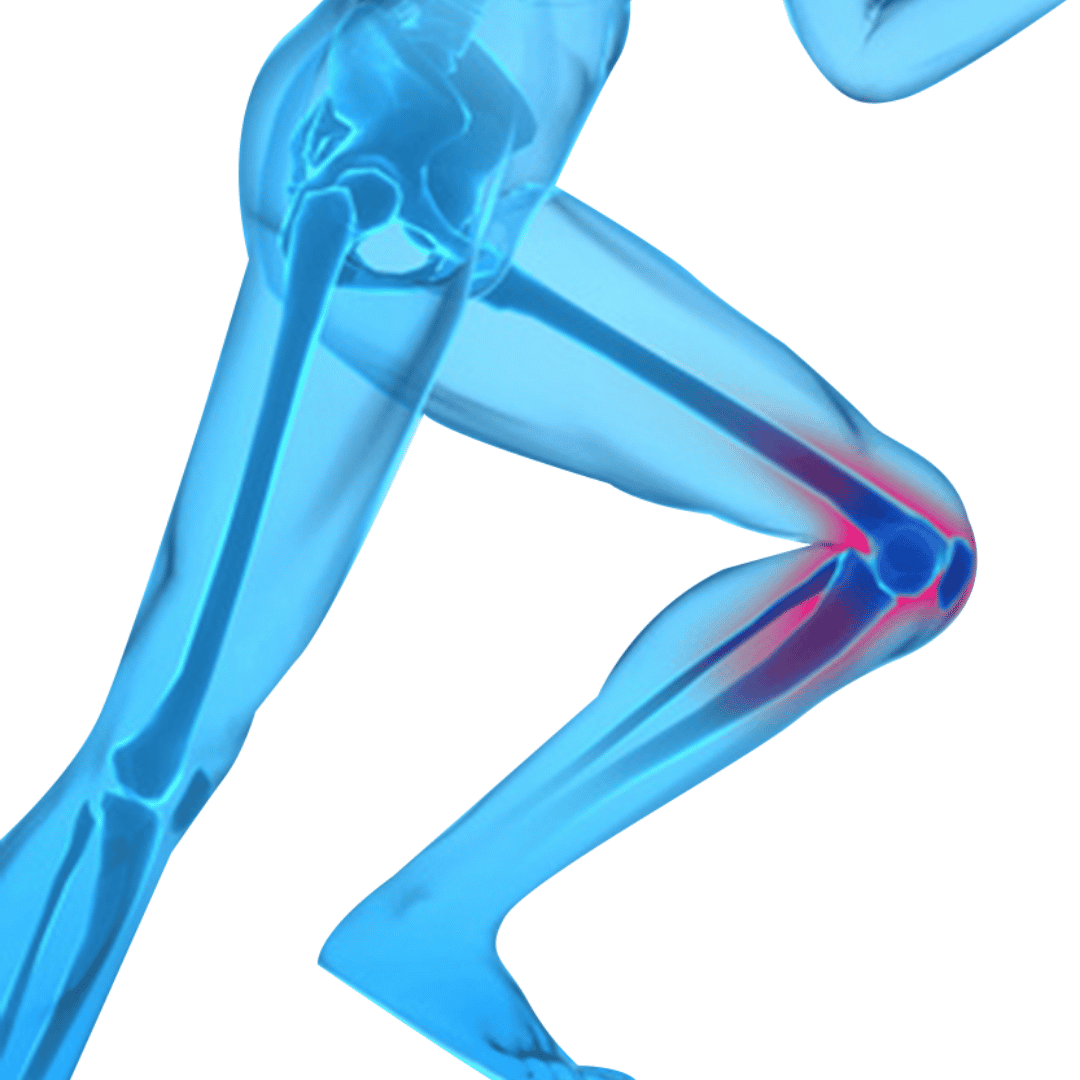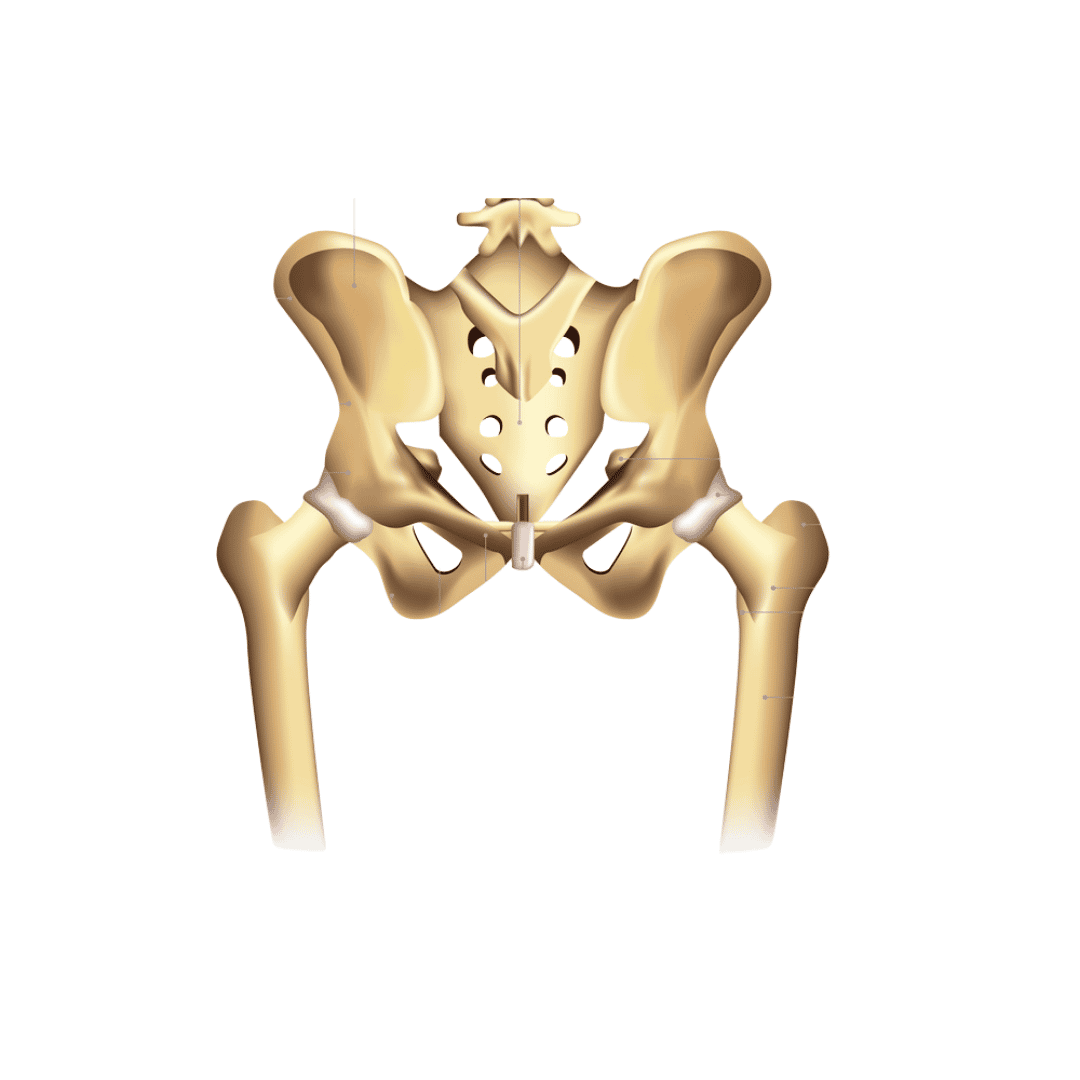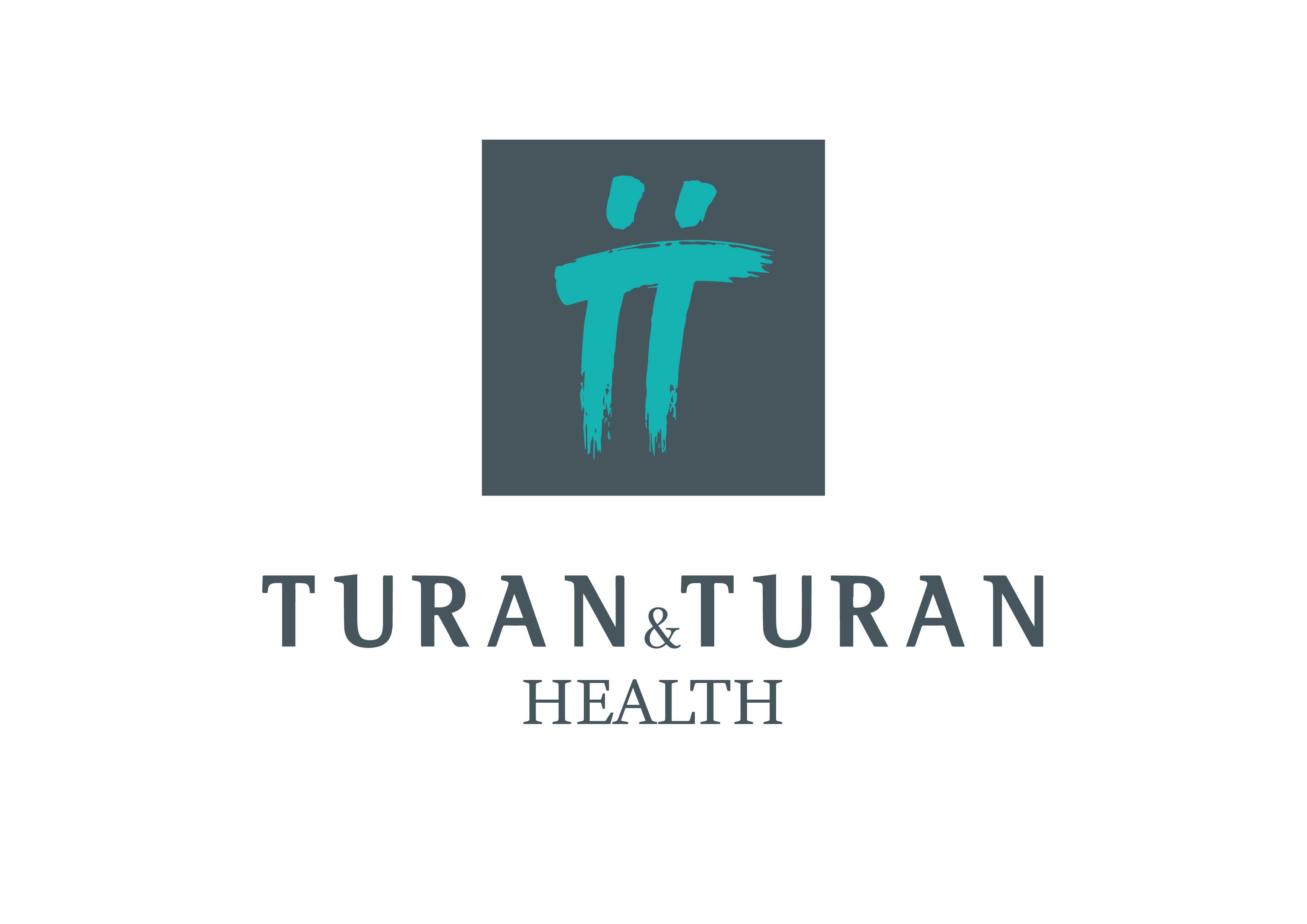Reasons to Choose Turkey for Orthopedic Surgery

Considering orthopedic surgery in Turkey? You're not alone. Turkey has become a global hub for medical tourism, and for good reason. It offers a compelling combination of world-class medical care, highly experienced surgeons, and significantly lower costs for a wide range of orthopedic procedures. If you're dealing with joint pain, a sports injury, or a degenerative condition, this guide will answer all your pressing questions about why Turkey might be the right choice for your orthopedic needs.
This comprehensive blog post will walk you through everything you need to know, from the cost of treatment to the quality of care and the overall patient experience. We'll explore the most common questions people ask on platforms like Google, Quora, and ChatGPT to provide you with clear, concise answers and detailed explanations.
What Makes Turkey a Top Destination for Orthopedic Surgery?
"Turkey's popularity for orthopedic surgery stems from its unique combination of high-quality, affordable healthcare, internationally accredited hospitals, and experienced, world-renowned surgeons."
Turkey has invested heavily in its healthcare infrastructure, resulting in modern hospitals equipped with the latest medical technology. Many of these facilities hold international accreditations, such as the Joint Commission International (JCI), which signifies a commitment to the highest standards of patient care and safety. This, coupled with the significantly lower cost of procedures compared to countries like the United States and the United Kingdom, makes orthopedic surgery in Turkey an attractive option for patients worldwide.
The country's strategic location at the crossroads of Europe and Asia also makes it easily accessible for international travelers. Medical tourism packages often include not just the surgery itself but also accommodation, airport transfers, and translation services, ensuring a seamless and stress-free experience for patients and their families.
How Much Can I Save on Orthopedic Surgery in Turkey?
"Patients can expect to save between 50% and 70% on orthopedic surgery in Turkey compared to the costs in the US and Western Europe, without compromising on the quality of care."
The cost savings are one of the most significant draws for medical tourists. For example, a total knee replacement that might cost between $40,000 and $80,000 in the United States could be as low as $7,500 to $13,000 in Turkey. Similarly, a total hip replacement costing upwards of €27,500 in the USA can be found for between €5,500 and €11,000 in Turkey.
These lower prices are not a reflection of lower quality. Instead, they are due to the lower cost of living, favorable exchange rates, and government support for the medical tourism sector. This allows Turkish hospitals to offer competitive pricing while maintaining high standards of medical excellence.
Are Turkish Orthopedic Surgeons Well-Qualified?
"Yes, Turkish orthopedic surgeons are highly qualified and often have extensive international training and experience. Many are members of prestigious international orthopedic associations and have completed fellowships in top medical institutions across Europe and the United States."
The qualifications of Turkish surgeons are a key factor in the country's success in medical tourism. Many have specialized in specific areas of orthopedics, such as joint replacement, sports medicine, or spinal surgery. They are often multilingual, particularly in English, which facilitates clear communication with international patients.
Before choosing a surgeon, you can typically review their credentials, including their educational background, professional experience, and patient testimonials. Reputable clinics and medical tourism facilitators will provide this information transparently.
What Are the Most Common Orthopedic Procedures Performed in Turkey?
"The most popular orthopedic surgeries in Turkey include knee and hip replacements, anterior cruciate ligament (ACL) reconstruction, rotator cuff repair, and various spinal surgeries."
Turkish hospitals offer a comprehensive range of orthopedic treatments, from minimally invasive arthroscopic procedures to complex joint replacement and spinal surgeries. Some of the most frequently performed procedures include:
- Joint Replacement Surgery: This includes total and partial knee replacements, as well as total hip replacements.
- Arthroscopic Surgery: Minimally invasive procedures for diagnosing and treating joint problems in the knee, shoulder, and ankle.
- Spinal Surgery: Treatments for conditions like herniated discs, scoliosis, and spinal stenosis.
- Sports Medicine: Procedures such as ACL reconstruction, meniscus repair, and rotator cuff repair.
- Trauma Surgery: Treatment for fractures and other musculoskeletal injuries.
- Pediatric Orthopedics: Specialized care for congenital and developmental orthopedic conditions in children.
How Does the Quality of Turkish Hospitals Compare to Western Standards?
"Many Turkish hospitals meet or exceed Western standards of quality and are accredited by international organizations like the Joint Commission International (JCI). These hospitals are equipped with state-of-the-art technology and adhere to strict protocols for patient safety and care."
The Turkish government has actively promoted the country as a leading destination for medical tourism, which has led to significant investments in healthcare infrastructure. As a result, many hospitals in major cities like Istanbul, Ankara, and Izmir boast modern facilities that rival those in Western countries.
JCI accreditation is a particularly important indicator of quality. It signifies that a hospital has been rigorously evaluated and meets global standards for patient care, medical expertise, and operational efficiency. When researching hospitals for orthopedic surgery in Turkey, looking for JCI accreditation can provide peace of mind.
What is the Patient Experience Like for International Patients?
"The patient experience for international patients undergoing orthopedic surgery in Turkey is typically very positive, with many hospitals offering comprehensive packages that include translation services, accommodation, and transportation."
Turkish hospitals are well-versed in catering to the needs of international patients. From the initial consultation to post-operative care, the process is designed to be as smooth and comfortable as possible. Many hospitals have dedicated international patient departments to assist with all aspects of the medical journey.
This includes helping with visa arrangements, providing interpreters, and organizing accommodation for the patient and their family. The focus on a holistic patient experience ensures that individuals feel supported and cared for throughout their time in Turkey.
Is It Safe to Travel to Turkey for Orthopedic Surgery?
"Yes, traveling to Turkey for orthopedic surgery is generally safe, provided you choose a reputable and internationally accredited hospital and an experienced surgeon."
Like any medical procedure, there are inherent risks. However, the safety standards in accredited Turkish hospitals are on par with those in Western countries. It's crucial to do thorough research and select a facility with a proven track record of successful orthopedic surgeries and positive patient outcomes.
Furthermore, Turkey is a popular tourist destination with a well-developed infrastructure for international visitors. Major cities are safe and welcoming, offering a comfortable environment for recovery.
What Should I Expect During the Recovery Period in Turkey?
"The initial recovery period for most orthopedic surgeries in Turkey involves a short hospital stay of a few days, followed by a period of rest and rehabilitation at a nearby hotel or a dedicated recovery facility."
Your surgeon will provide you with a detailed post-operative care plan. This will include instructions on wound care, pain management, and physical therapy. Many hospitals have on-site or affiliated rehabilitation centers to help you regain mobility and strength after your surgery.
The length of your stay in Turkey will depend on the type of procedure you've had. For major surgeries like a knee or hip replacement, you may be advised to stay for a couple of weeks to ensure a safe initial recovery before flying home.
How Do I Choose the Right Clinic and Surgeon in Turkey?
"To choose the right clinic and surgeon for your orthopedic surgery in Turkey, you should look for international accreditations like JCI, review surgeon credentials and patient testimonials, and consider using a reputable medical tourism facilitator."
Here are some key steps to take when making your decision:
- Research Hospitals: Look for JCI-accredited hospitals that specialize in orthopedics.
- Verify Surgeon Credentials: Check the surgeon's qualifications, experience, and areas of expertise.
- Read Patient Reviews: Look for feedback from previous international patients.
- Request a Consultation: Many clinics offer free online consultations to discuss your case and treatment options.
- Consider a Medical Tourism Agency: These companies can help you navigate the process, from choosing a clinic to arranging travel and accommodation.
Will There Be a Language Barrier?
"Language barriers are generally not a significant issue at major Turkish hospitals that cater to international patients, as they typically have English-speaking staff and provide professional interpretation services."
To ensure clear communication, it's a good idea to confirm the availability of translators for your native language when booking your procedure. The medical teams are accustomed to working with international patients and will make every effort to ensure you understand all aspects of your treatment and care.
What Are the Risks Associated with Orthopedic Surgery Abroad?
"The risks associated with orthopedic surgery in Turkey are similar to those in any other country and include infection, blood clots, and complications from anesthesia. Choosing an accredited hospital and experienced surgeon can significantly minimize these risks."
It's important to have a thorough pre-operative evaluation to identify any potential health issues that could increase your risk of complications. Your surgeon will discuss the specific risks associated with your procedure during your consultation.
Following your surgeon's post-operative instructions carefully is also crucial for a safe and successful recovery. This includes taking prescribed medications, attending follow-up appointments, and participating in physical therapy as recommended.
Ready to explore your options for high-quality, affordable orthopedic surgery? PlacidWay is your trusted partner in medical tourism. We can connect you with leading orthopedic surgeons and JCI-accredited hospitals in Turkey to help you on your journey to a pain-free life. Explore PlacidWay for your healthcare solutions today!


.png)

-Treatment-Package-in-Izmir,-Turkey.png)

.png)
.png)
.png)








Share this listing